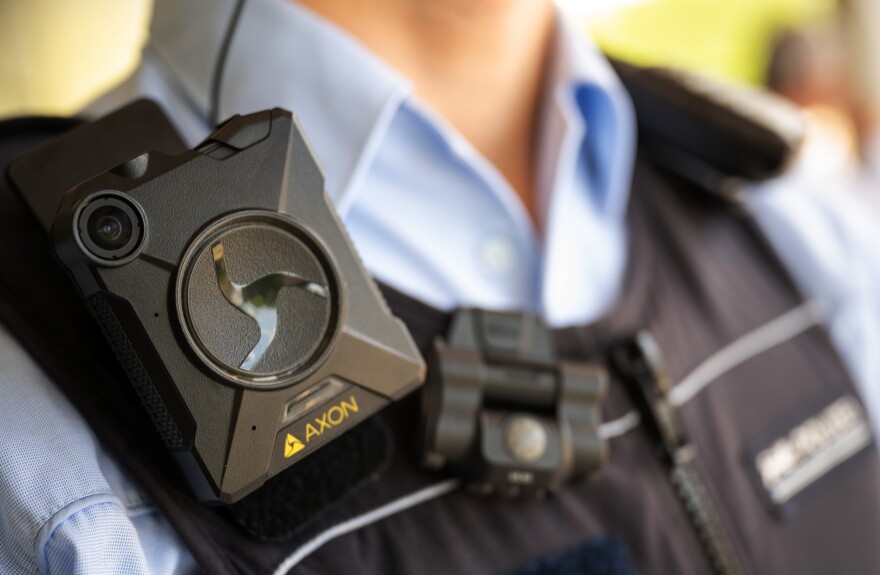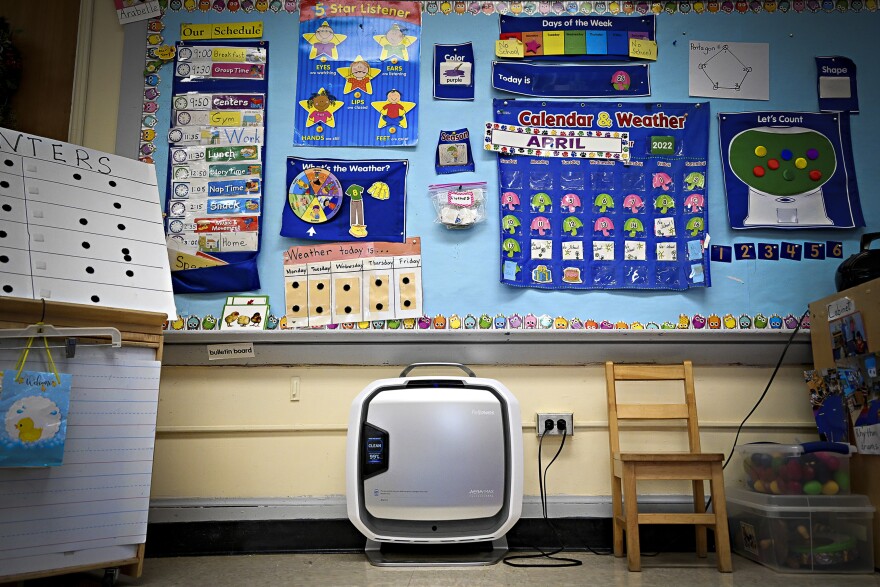Several new laws take effect in Connecticut Friday when the calendar turns to July 1.
Increase in minimum wage
The minimum wage in Connecticut will increase to $14 an hour, from $13. The bump is part of a gradual, phased-in increase passed in 2019 that is taking Connecticut's minimum wage from $10.10 at the beginning of 2019 up to $15 an hour on July 1, 2023.
Abortion safe harbor law
The General Assembly in April passed legislation that strengthens Connecticut's existing abortion protection laws. Gov. Ned Lamont signed it into law after the May leak of the U.S. Supreme Court ruling reversing Roe vs. Wade. The new laws also officially authorize advanced practice registered nurses, nurse midwives and physician assistants to perform aspiration abortions — the most common type of in-clinic abortion.
The abortion safe harbor laws that go into effect are designed to protect people seeking abortions in Connecticut from other states and Connecticut providers from legal action in patients' home states. The law is in part a reaction to a Texas law that creates a private right of action for anyone to sue patients or providers involved in abortions performed after about six weeks of pregnancy.
Police body and dashboard cameras

A piece of the Police Accountability Act, passed in 2020, goes into effect on July 1.
All sworn members of law enforcement and members who perform police duties will be required to wear body cameras starting Friday. Dashboard cameras in each police patrol vehicle will also be required.
Watch: How Do Police Body Cameras Work?
Law enforcement also is prohibited from editing, erasing, sharing, altering or distributing camera recordings or data except when required by certain other laws.
New requirements for the Connecticut Department of Education around children’s mental health
The Connecticut Department of Education will provide grants to local boards of education to hire and retain school social workers, school psychologists, school counselors, marriage and family therapists and nurses over the next three years under House Bill No. 5001, which was signed by Lamont on May 23.
The Department of Education must also develop a truancy intervention model that takes into account mental and behavioral health by September 2023 and begin to share it with local school districts. The Department of Education and Connecticut Department of Children and Families are required to issue guidelines to districts on intervention for certain behavioral health situations and when to contact 2-1-1 for alternative interventions.
Protections for employees
A new law aims to protect employees if they refuse to attend employers' meetings when unions — or political or religious topics — are expected to be addressed. Employers can still make meetings mandatory when related to job performance.
Connecticut's paid Family and Medical Leave Act laws also will be strengthened, requiring employers to tell new employees of their state FMLA benefits when they are hired. Current employees will need to be made aware of FMLA options annually. Employees also need to be told that Connecticut FMLA includes family violence leave and that they may file an FMLA complaint with the Department of Labor if they believe an employer is denying their benefits or retaliating for an FMLA claim.
Catalytic converters

Public Act 22-43, which Gov. Ned Lamont signed into law on May 17, takes aim at the recent rise in catalytic converter thefts by establishing new requirements for businesses that purchase these parts.
The legislation bans motor vehicle recyclers from accepting any catalytic converters that are not attached to a car. Scrap metal processors and junk dealers may still purchase converters taken off cars, but they must maintain detailed records of where, when and from whom the part was purchased – including the seller’s name, address and driver’s license number.
Solitary confinement
For the second year in a row, Connecticut lawmakers passed a bill to limit the Department of Correction’s use of solitary confinement on those in the state’s prisons and jails.
The new law will prevent the Department of Correction from placing minors in solitary confinement. The law also requires the solitary confinement be the least restrictive environment necessary for the safety of incarcerated individuals, staff and facility security.
Listen: NPR The Personal Cost Of Solitary Confinement
The law also increases the amount of time outside of a cell an incarcerated person in solitary confinement must be granted each day. Those in solitary confinement must be allowed four hours outside their cell starting July 1. The amount of time required increases to four and a half hours on Oct. 1 and up to five hours on April 1, 2023.
Money to improve school air quality

Local school officials will now be required to conduct inspections of HVAC systems in each public school every five years. To help make improvements in school air quality, towns and cities will be able to apply for part of $150 million in grants through the Department of Administrative Services.
Connecticut Public’s Accountability Project found that one-third of school districts don’t have the money to upgrade their own HVAC systems, in a report published in January shortly before the start of the legislative session.
Diesel tax to increase
The state’s diesel fuel tax will rise July 1 to 49.2 cents per gallon, a nearly 23% increase from the current 40.1-cent rate, the Department of Revenue Services announced in early June.
The annual adjustment in the diesel fuel tax is calculated by a formula that factors in the average wholesale price of diesel fuel over the prior year. This year saw a larger than normal increase from last year. The way the tax is calculated has been the same since 2007, but critics this year raise concerns about contributing to inflation and price hikes on everything carried by trucks.
No credit and debit transaction fees at state agencies
The Department of Motor Vehicles, Department of Consumer Protection, Department of Energy and Environmental Protection, and the Department of Public Health are among the state agencies that will wave credit and debit transaction fees at least for the fiscal year starting July 1.
Prior to this legislation, some state agencies passed service fee costs on to customers, according to the governor's office,
Reminder: Apply for the Connecticut child tax rebate by July 31
Connecticut families may be eligible to receive a $250-per-child rebate, with a maximum payment of $750 per household for three or more children, through the Connecticut child tax rebate program this year. But families must apply by July 31.
The rebate is available to single parents who earned less than $100,000 in 2021 and to two-parent families that earned less than $200,000.
Connecticut Mirror and Connecticut Public reports are included.


